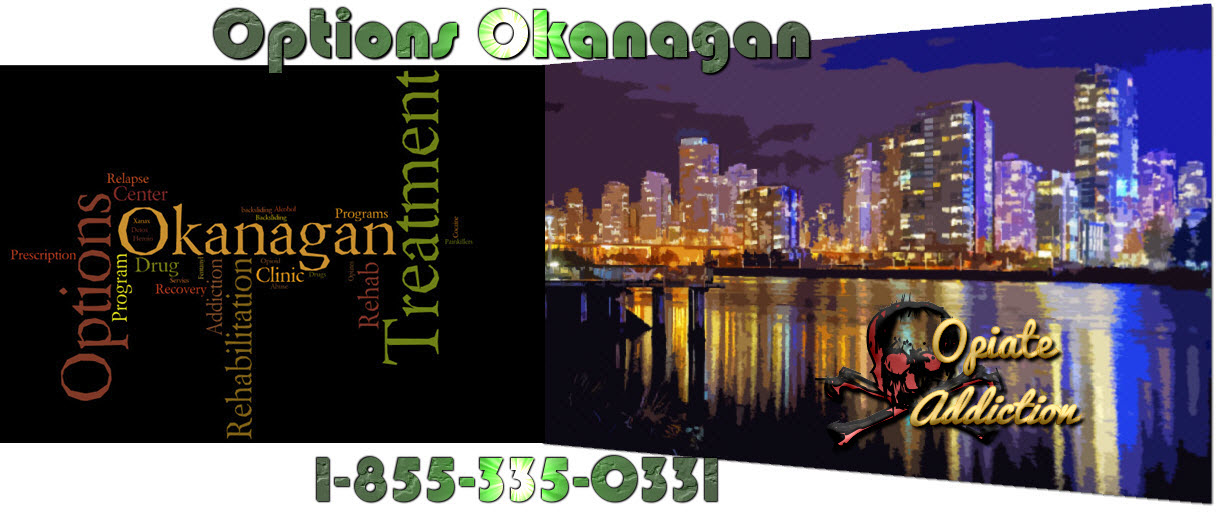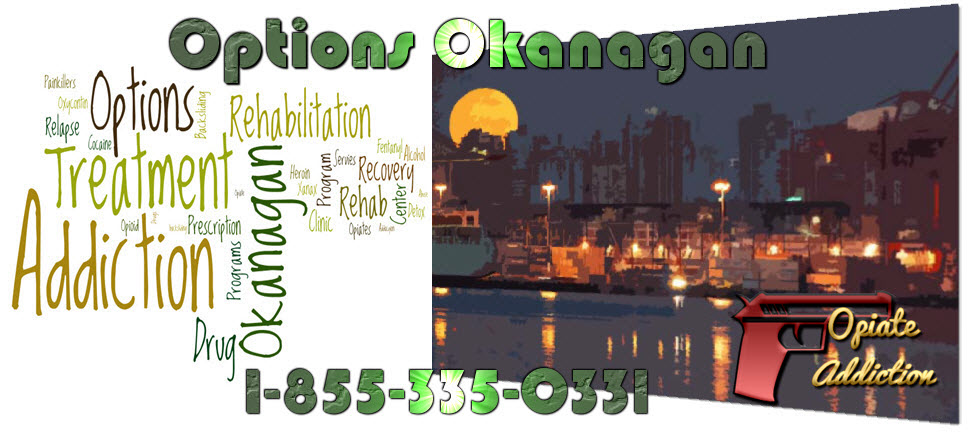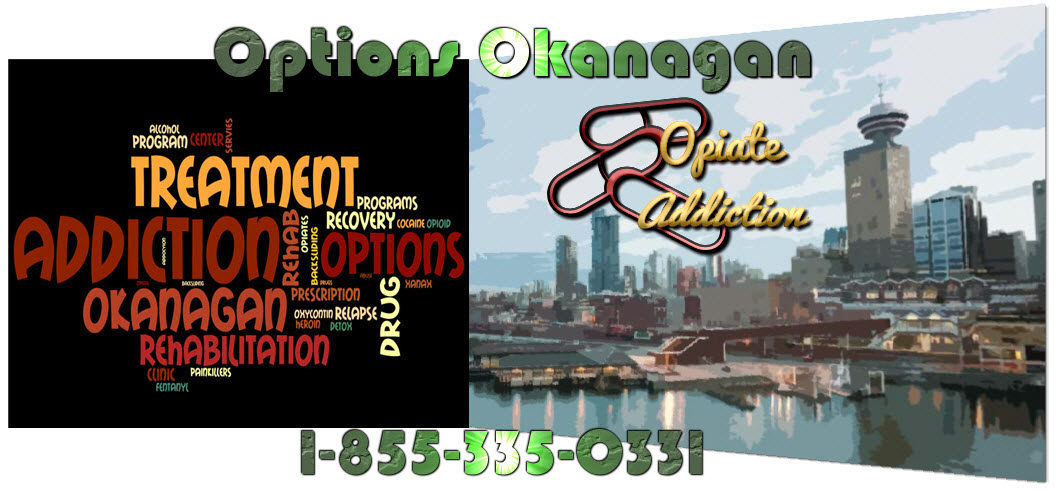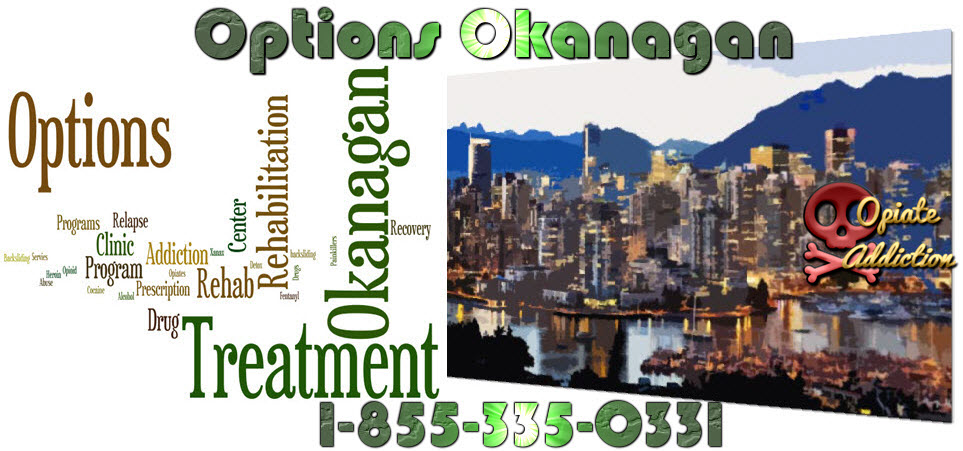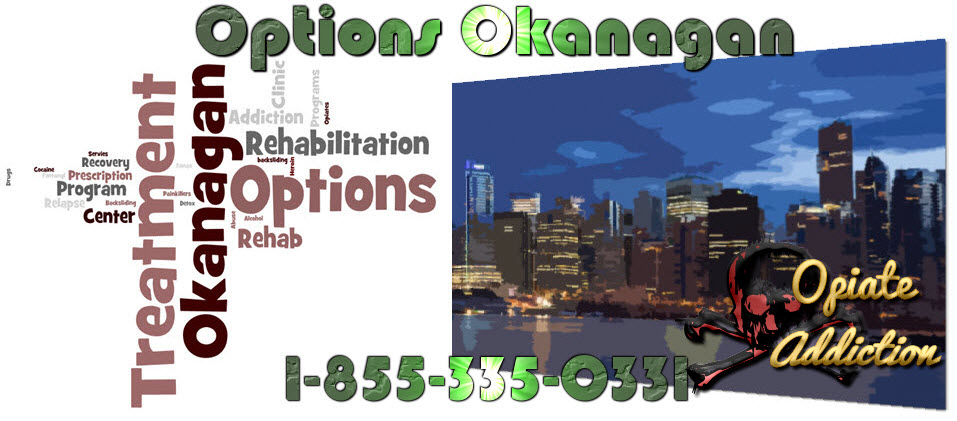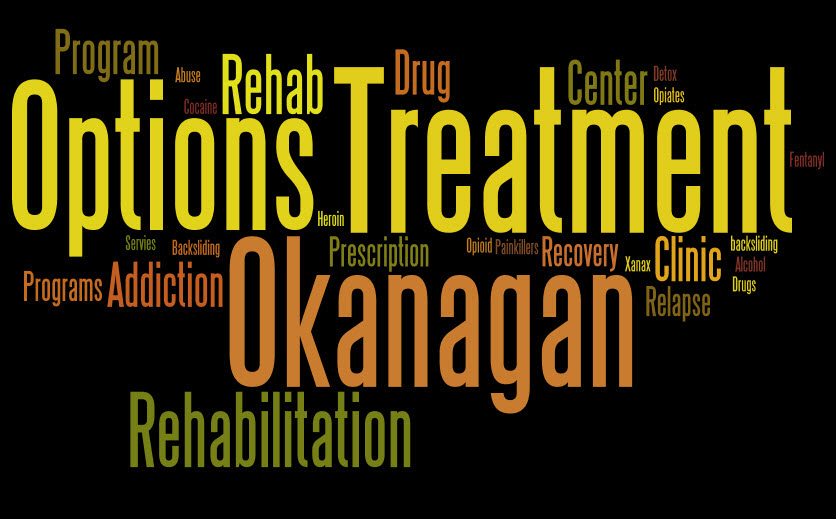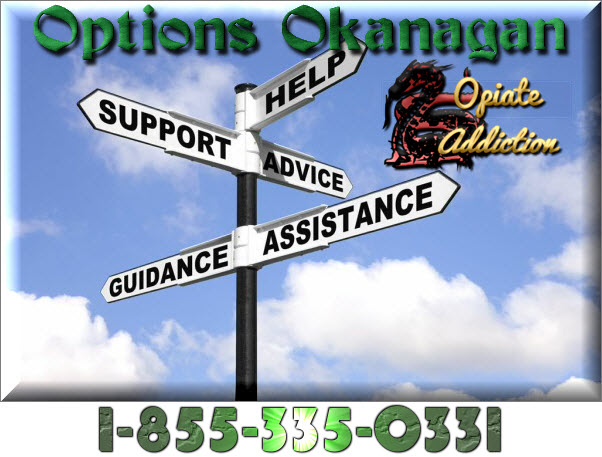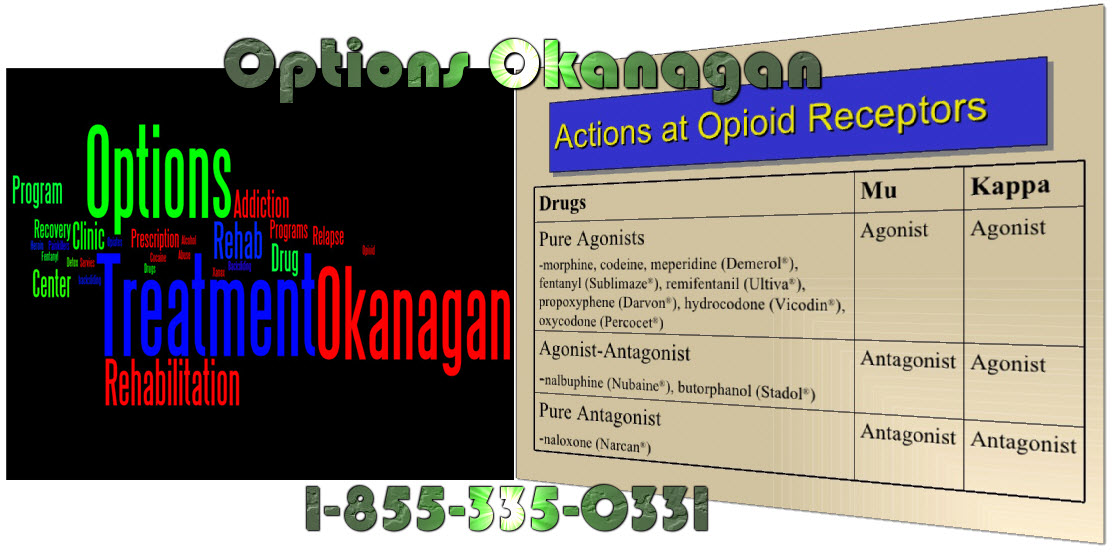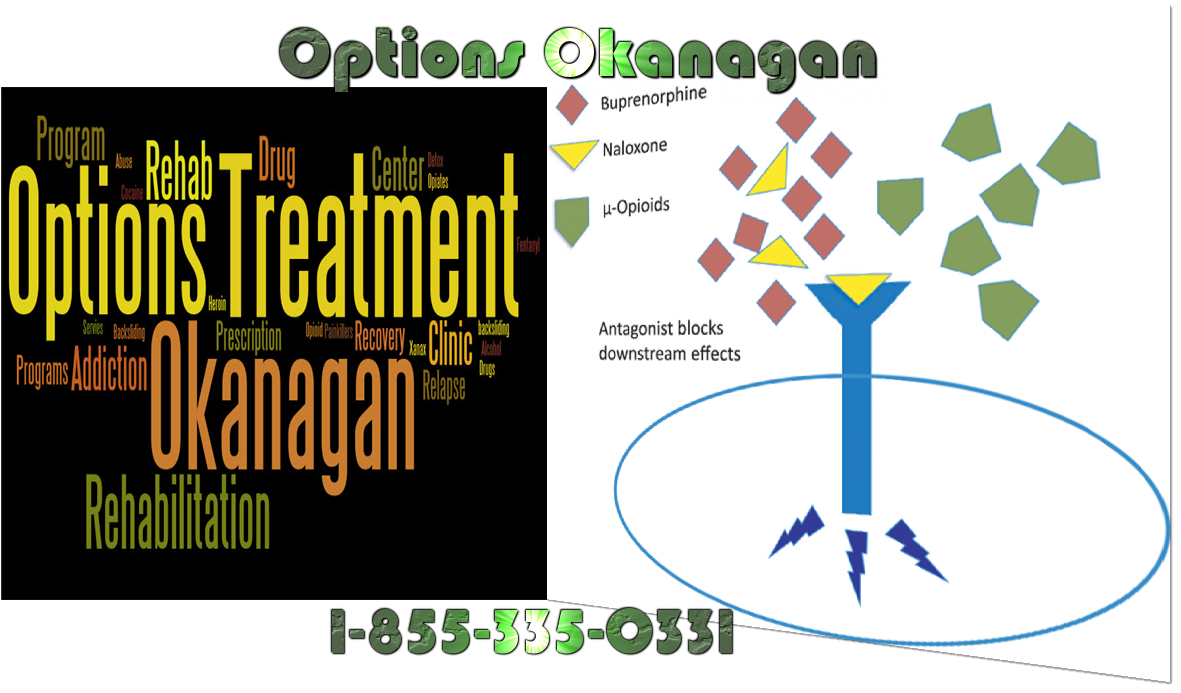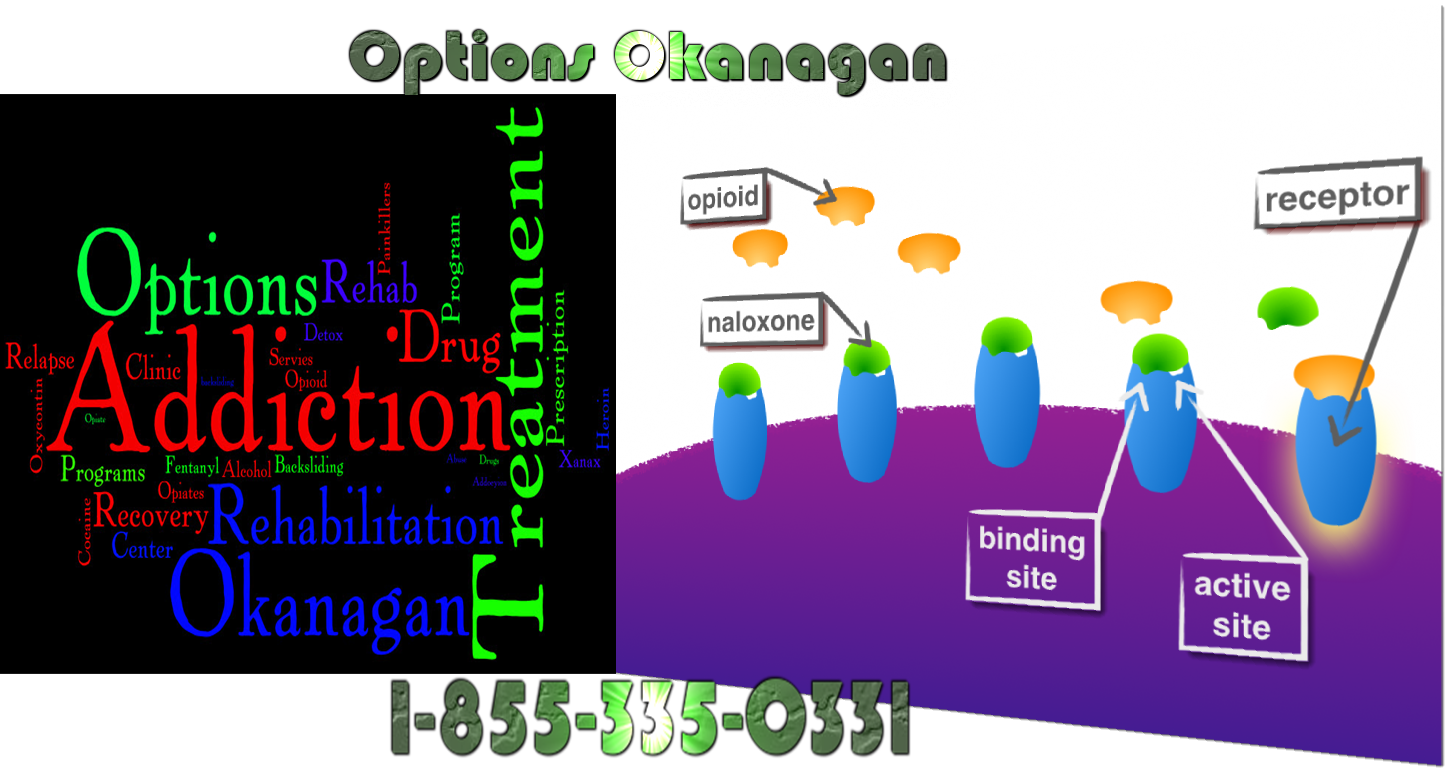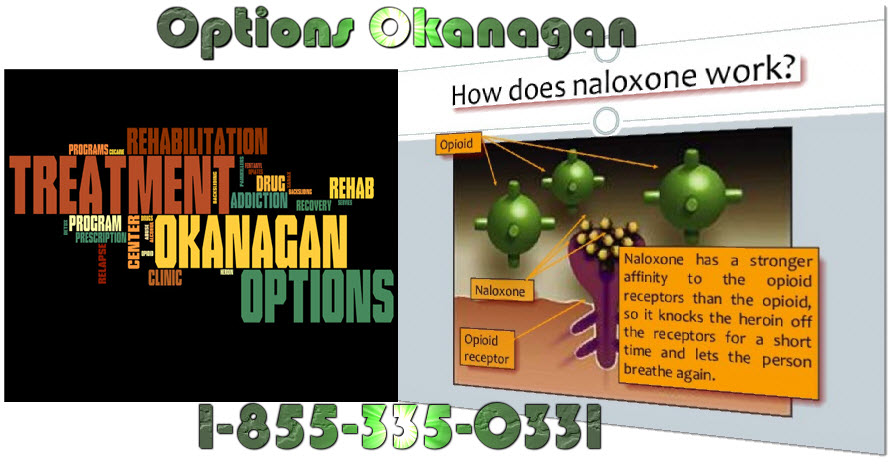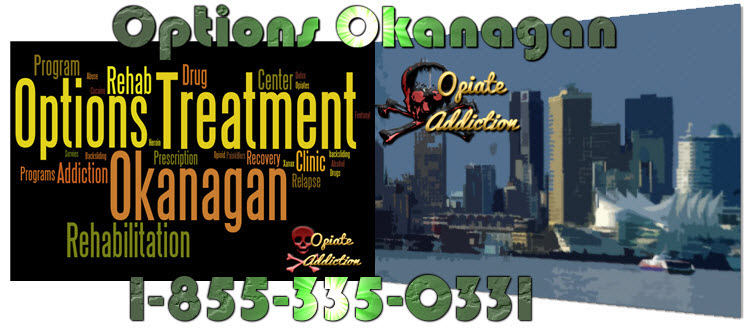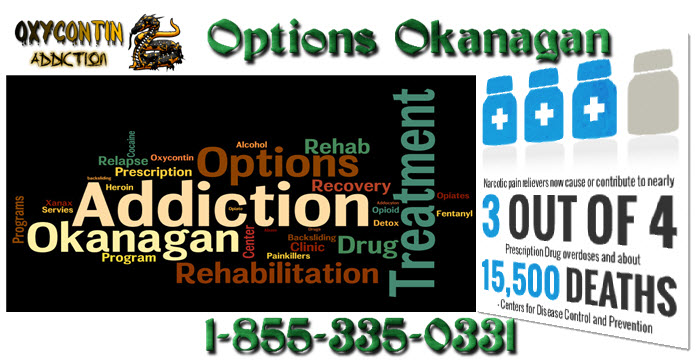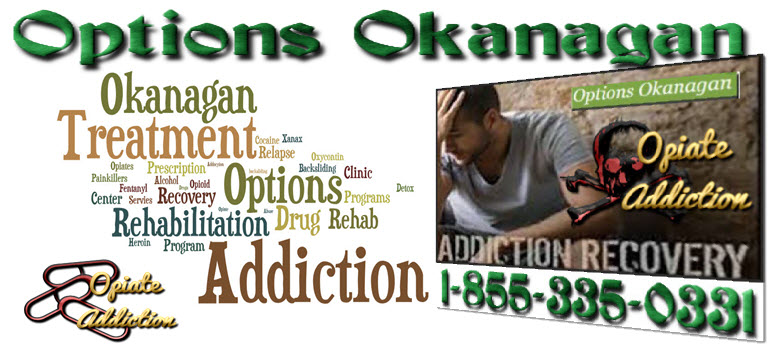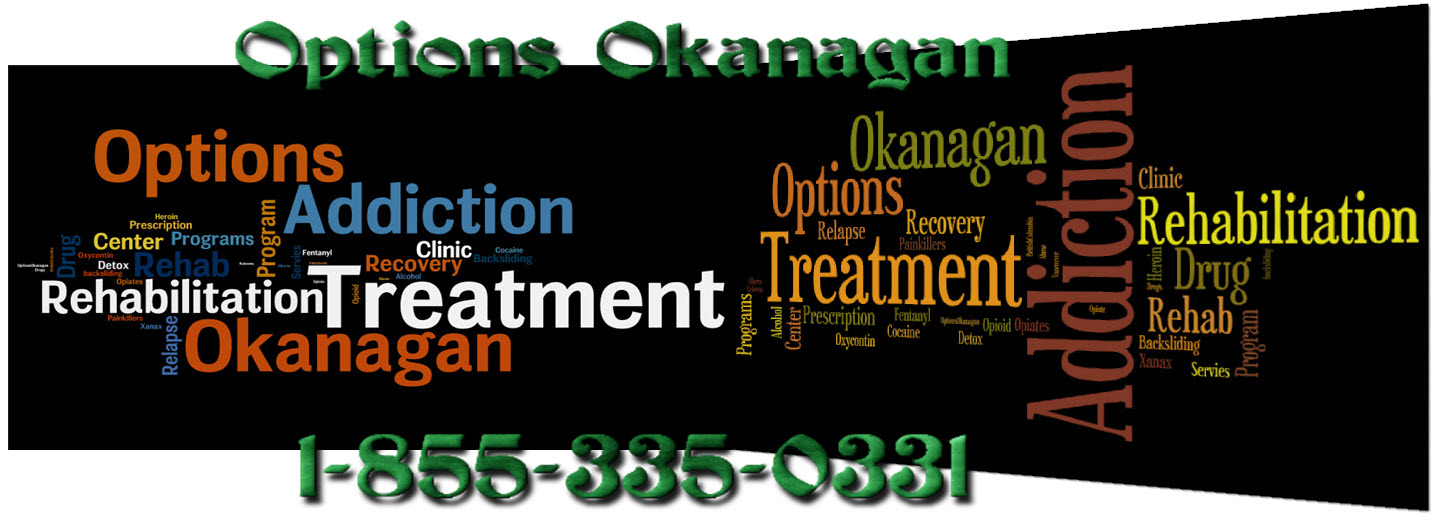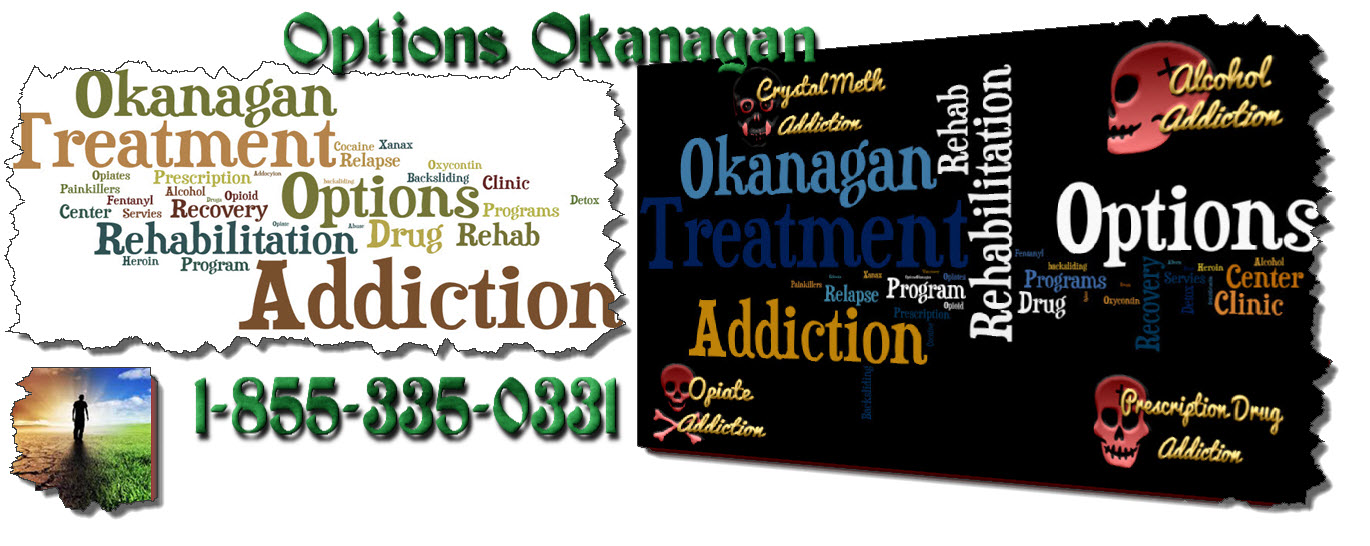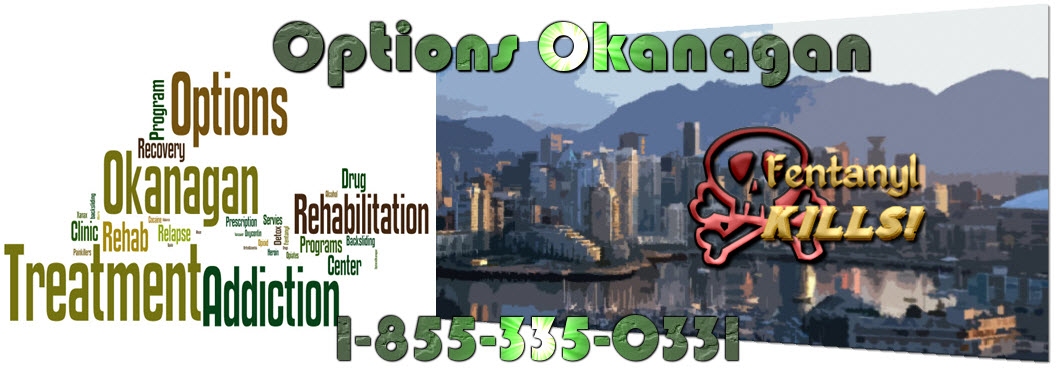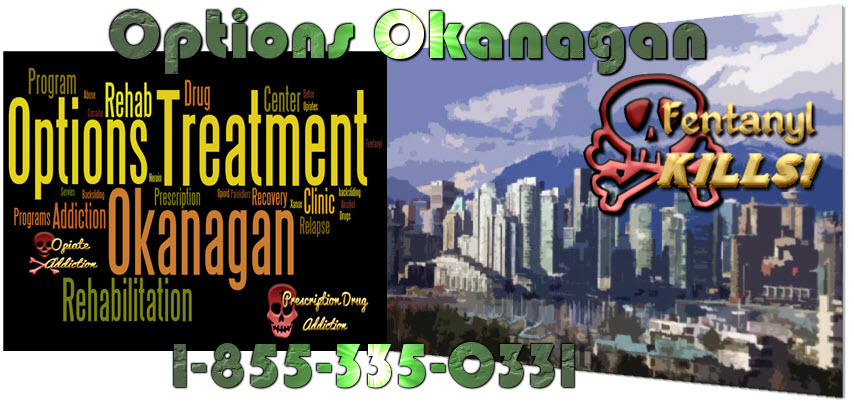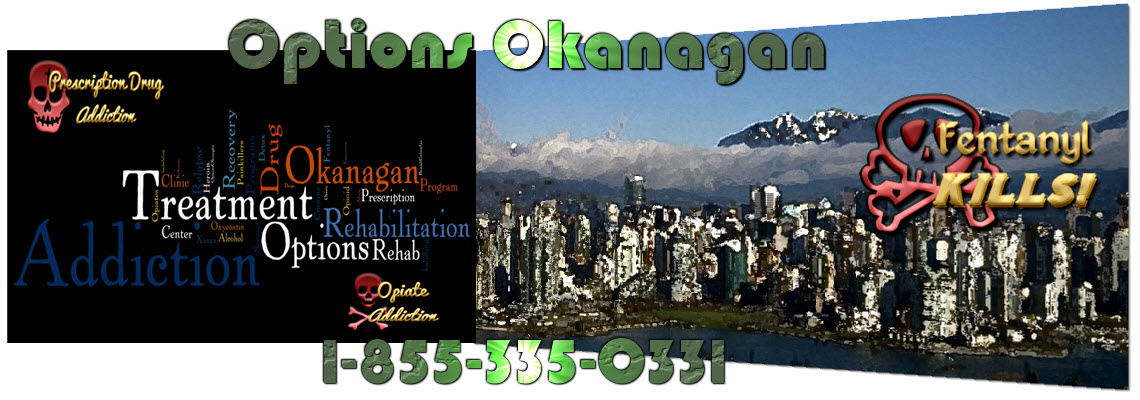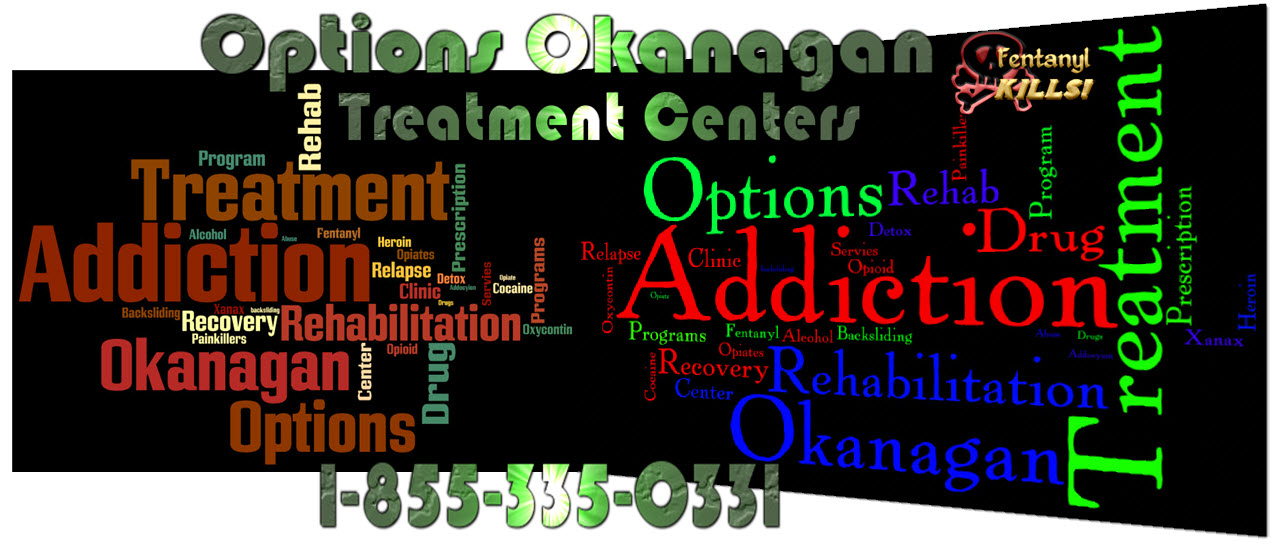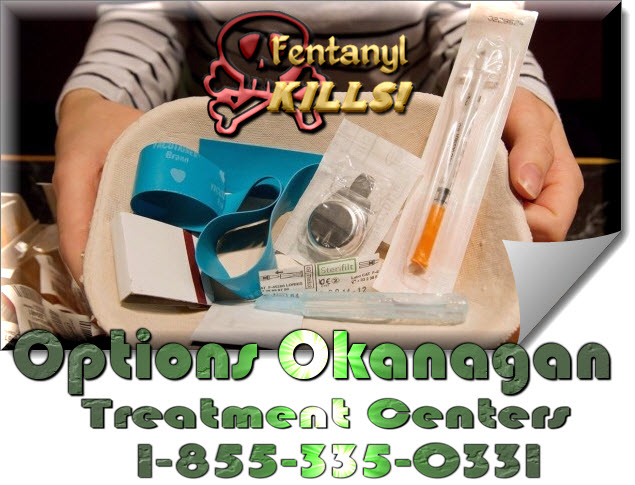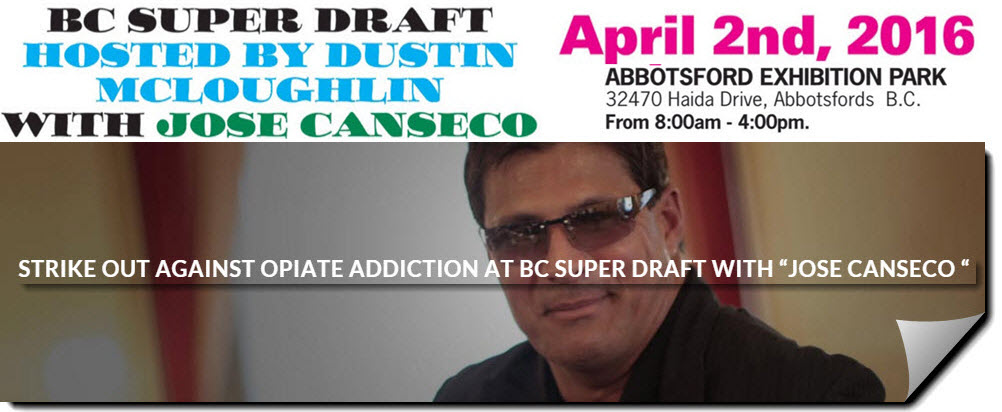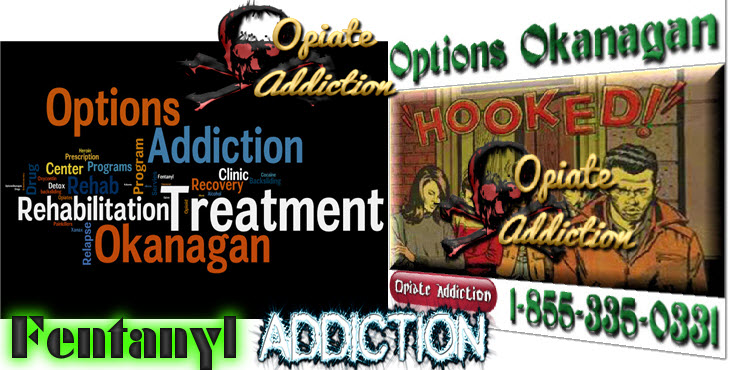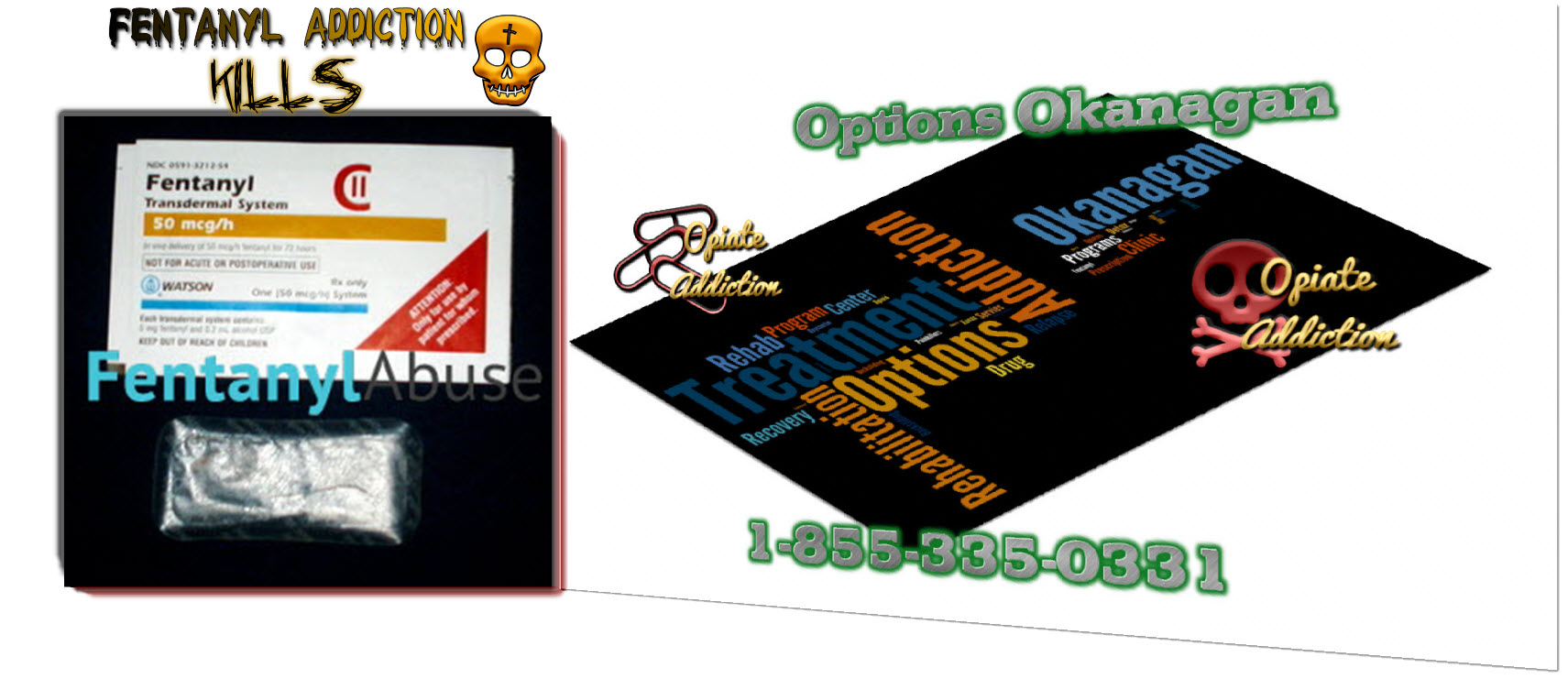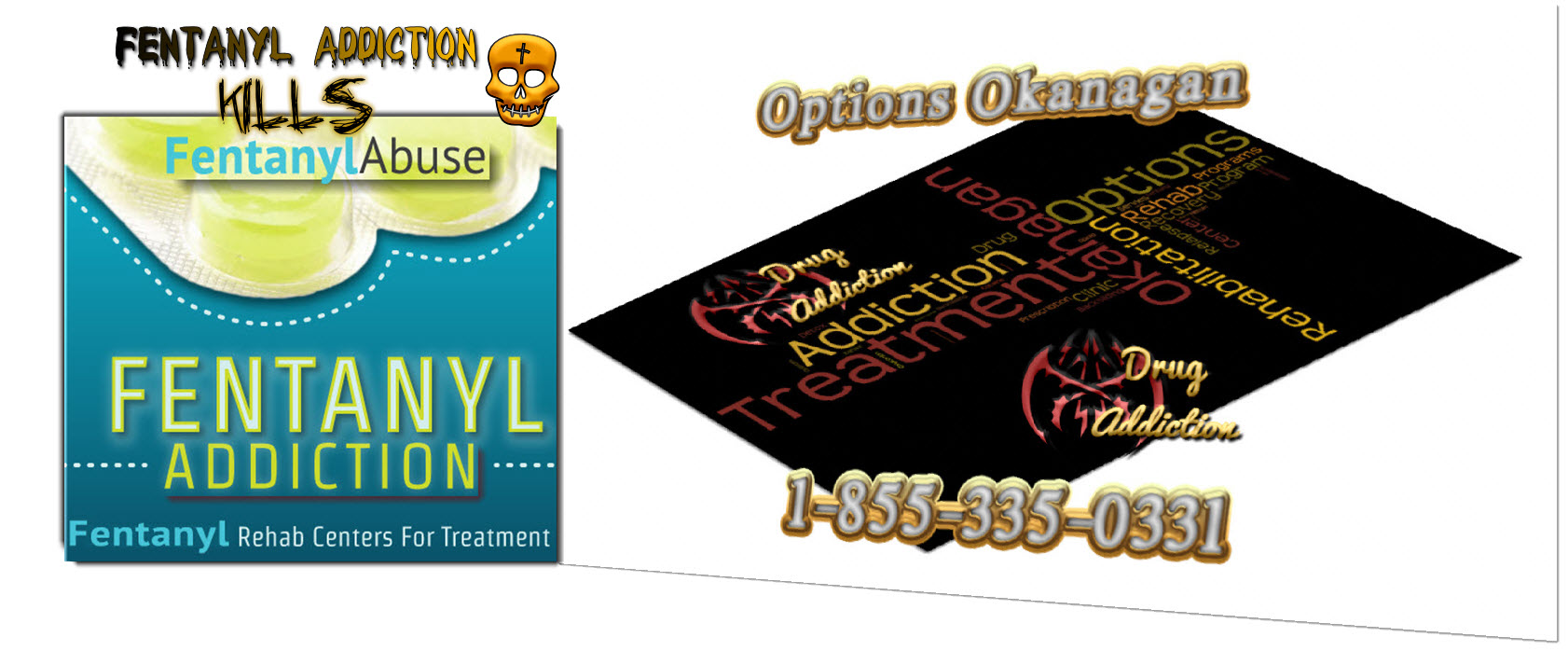Timeline For Opiate Withdrawal in Vancouver and Calgary for drug addiction by Options Okanagan Treatment Center in Kelowna, British Columbia treating Opiate addiction and recovery.
Luxury Drug and Alcohol Rehab Treatment Centers
It really is definitely advantageous being thoroughly knowledgeable about the timeline for opiate withdrawal, especially since it can help to ensure that you do not panic whenever withdrawal symptoms begin to appear.
Timeline For Opiate Withdrawal Symptoms (Phase 2 and Phase 3)
Regardless of whatever drug it is actually, the withdrawal symptoms for it can differ from a single individual to another, seeing as there are a number of different factors that determine how intense the symptoms is going to be. The appearance of symptoms will mainly depend upon the actual drug which has been abused. When it is opiate drugs like heroin, they begin to show up in less than twenty four hours. However, in situations where it is actually a prescription medication which is responsible, it may possibly go on a whole day before any symptoms start to surface. Symptoms typically begin to surface within 8 to 16 hours following the last time the drug was used. In certain individuals, however, it will not be obvious until at the very least twenty four hours have passed.
Phase 2 (Days 3-10) The worst is behind you.
Overall you will start to feel better. With time, the acute withdrawal symptoms will start to disappear. However, you will still feel restless and experience leg cramps and chills every once in a while. You might even experience slight increases in blood pressure, heart rate and temperature. Your endorphin levels will start to become normal slowly.
With time, diarrhea will also begin to subside. However, you need to make sure it really has subsided and not due to the fact that you haven’t eaten anything for quite some time. Your body will face a severe nutrient shortage during your withdrawal process. Therefore your woes will be added to when you don’t eat, which will make your recovery harder.
Phase 3 (2nd week and onward) The least severe but longest phase.
It takes around one week for all of your physical symptoms to completely subside and for you to return to normalcy. In terms of psychosomatic symptoms such as nervousness, restlessness and insomnia, they are likely to continue for one to two months. You may feel nauseous at times which will make you not want to eat.
However, that is not a smart thing for you to do if you’d like to recover quickly. If you are wanting to accelerate your recovery process, you’ll also need to do some light physical activity as well.
Although some individuals experience these symptoms just for around a fortnight, others may experience them for over six months. The average period is two months approximately. Opiate withdrawal is a very long process, and you will most likely be tempted throughout the process to give into your craving. In these situations, you may want to resort to home remedies or prescribed medication to ease the intensity of your symptoms. But what you need to really understand is that prescribed medication contains certain drugs that you might get addicted to, so you are trading one addiction for another one, which is the last thing that you want to do. If you take the severity of this issue into consideration, it is much better to get help from family members, friends, support groups and medical practitioners instead of trying to go on your own.
Options Okanagan Opiate and Alcohol Treatment Centers in Kelowna, Salmon Arm and Vancouver, British Columbia – Men and Women are recovering and healing from Alcohol and Drug Abuse at our treatment center here in the Okanagan right now.
Our unique and distinctive Opiate Drug and Alcohol treatment program allows men and women to come in from Calgary as well as Edmonton as we offer airport pickup.
Numerous clients come to us from Vancouver, Calgary and Edmonton and other locations in Alberta and even other provinces for Opiate addiction treatment, meth drug treatment, many other drug and alcohol addictions for rehabilitation because of the uniqueness of our treatment center.
Our Treatment Location:
Options Okanagan Opiate Treatment Center
206 – 478 Bernard Avenue, Kelowna, British Columbia, V1V 2E6
Toll Free Phone Number : 1-855-335-0331

